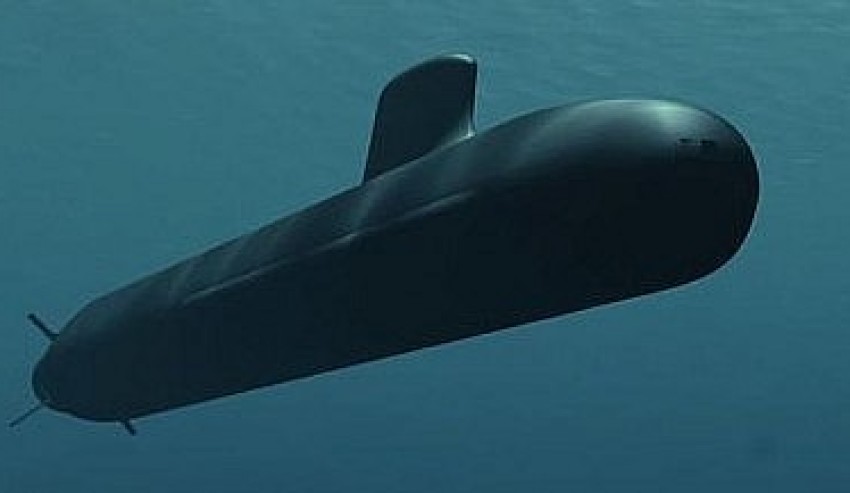Opposition spokesman on defence Richard Marles has confirmed Labor’s continuing support for Australia’s Future Submarine Program, but has labelled the federal government’s approach to the bidding process for SEA 1000 as an “epic mistake”.
To continue reading the rest of this article, please log in.
Create free account to get unlimited news articles and more!
The Coalition decided on French company Naval Group to build Australia's next generation of submarines, in a deal that will cost $50 billion. Marles criticised the government for not contesting a $340 million price-tag for the design process for Naval Group, but concedes little can be changed lest there be a sovereign risk.
"In the context of a $50 billion spend it makes no competitive sense at all that the government did not contest a $340 million design," Marles said at the Submarine Institute of Australia.
"One only needs to think of the competitive pressure this would have placed on the other $49 billio of expenditure to realise that this mistake will ultimately cost the Australian taxpayer billions."
The opposition defence spokesman accused the Coalition of leaving the nation in a "weak" bargaining position that could haunt Australia for years to come.
"It is a tale of ineptitude in respect of the biggest and most important procurement in our history," he said.
Marles also referenced the Australian National Audit Office's report into the Naval Shipbuilding Program, with the report labelling the naval construction program as "high to extreme risk". Marles said the government has "shrugged off" the assessment.
Labor also raised the possibility that by the time SEA 1000 is ready to enter service in the early 2030s, submarines may not carry the same importance, if scientists are able to "lift the veil" of the ocean and minimise the stealth advantage subs carry.
The opposition, however, confirmed that they view the Future Submarine Program as "the focal point of Australia's contemporary military procurement", saying that submarines are currently the most important strategical asset in military affairs. The capabilities of SEA 1000 are to be vital in Australia dealing with “the most complex set of strategic circumstances since the Second World War”, according to Marles.
With more than half of the world's submarines expected to be operating within the Indo-Pacific region, Marles said the way Australia handles this increase in maritime traffic will "determine the safety and prosperity of every Australian throughout this century".
"The more we can build influence and shape affairs the more we are empowered. Central to this is a highly capable Australian Defence Force. And the pointy end of this capability is submarines." said Marles.

 Login
Login







